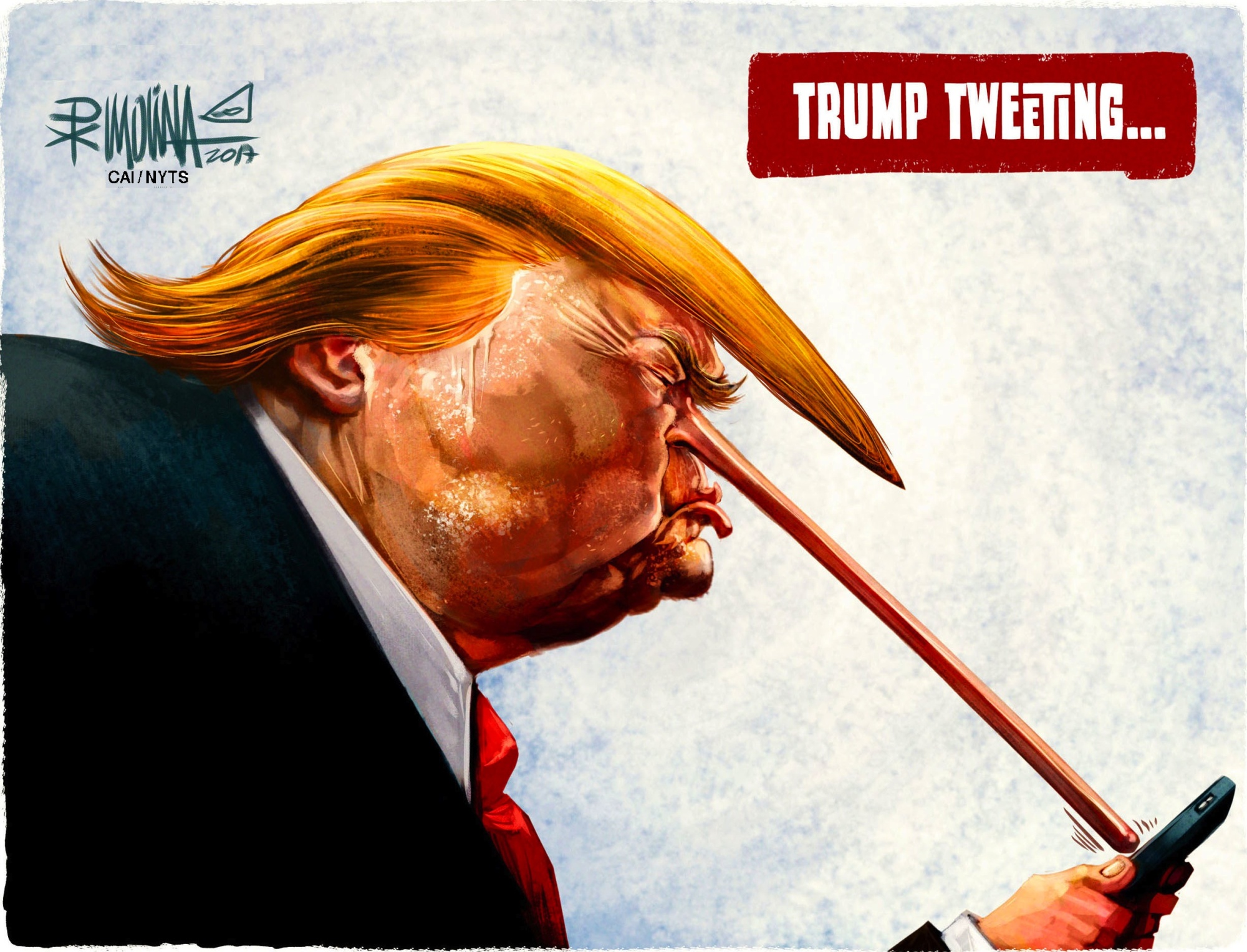Science has an answer for hand-wringers wondering how there could be so much public lying, how the liars live with themselves, and why supporters of our public liars are willing to overlook it all. One explanation is that loyalty matters too, and when faced with a choice between lying and betrayal, many people consider lying the more upstanding option.
Or at least that was the upshot of a series of experiments that Cornell management professor Angus Hildreth and colleagues set up to explore the tension between honesty and loyalty. In different variations on the same theme, teams made up of fraternity brothers, random students or other volunteers were asked to solve a series of puzzles and word games. The better team members did, the more money the whole team made.
Subjects had the opportunity to lie about puzzles they hadn't completed, and thus make more money.
















With your current subscription plan you can comment on stories. However, before writing your first comment, please create a display name in the Profile section of your subscriber account page.